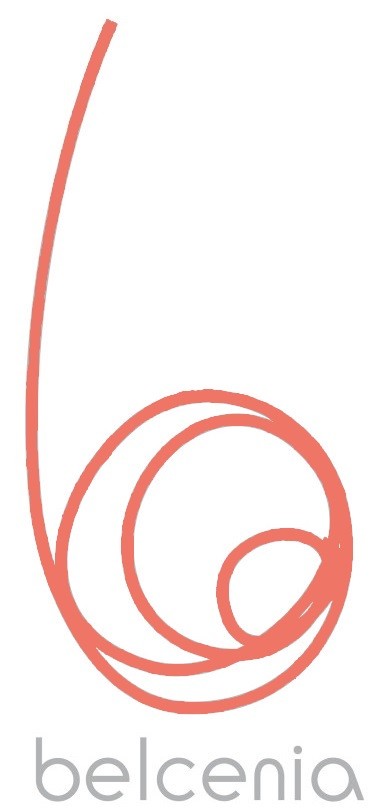If you suffer from several of these symptoms, do not hesitate to talk to your practitioner.
Indeed, clinical research shows a close link between Sleep Apnea Syndrome and other serious chronic pathologies such as hypertension, heart disease, diabetes and obesity.
GOOD TO KNOW
Obstructive Sleep Apnea Syndrome affects between 5 and 15% of the adult population, depending on age.
A pathology that is increasingly better detected and treated!
If you suffer from such symptoms, it will be advisable to first record your sleep using a device that you will use at home.
If apnea is confirmed, you can wear a custom-made night guard, after taking an impression at the dental office.
This device, called a ‘Mandibular Advancement Orthosis’, allows the mandible (lower jaw) to be held forward in order to clear the airways and facilitate the passage of air during sleep. Sleep apnea management will generally be done in collaboration with other specialist doctors, pulmonologists and ENT specialists.
 Belcenia Dental Center
Belcenia Dental Center